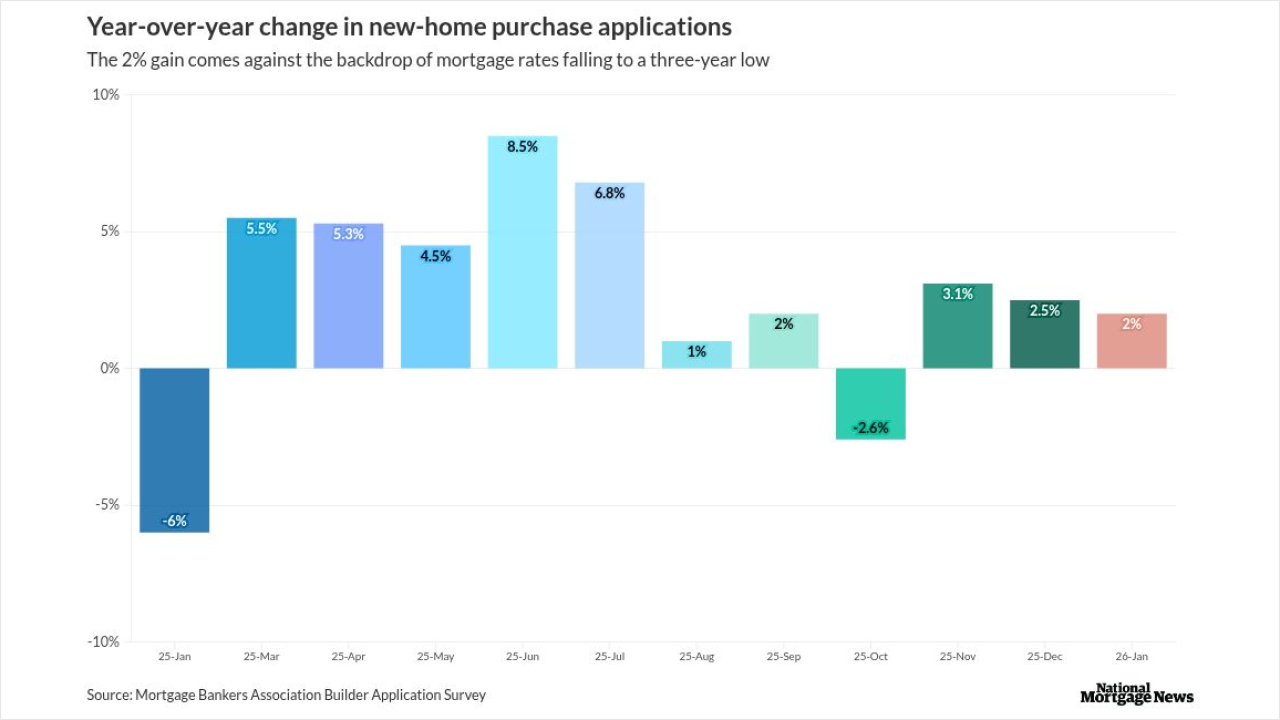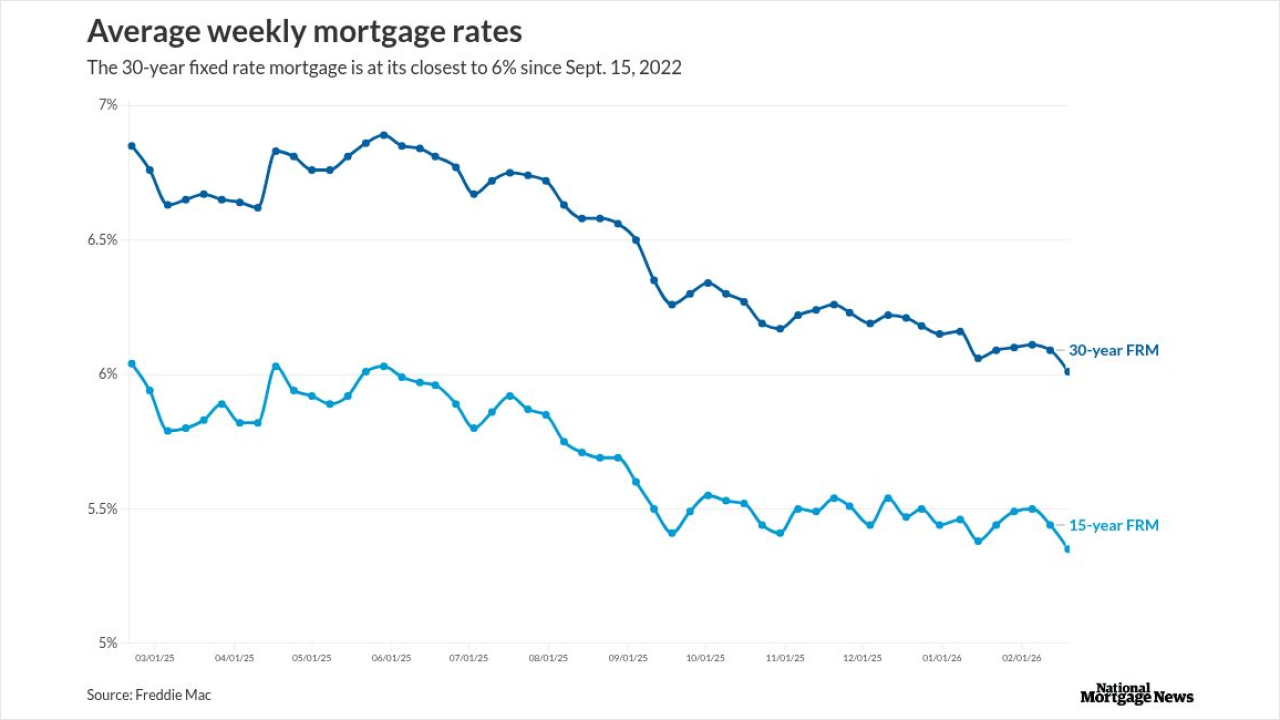In what was described by one source as a "major coup" for the Wall Street firm, Prudential Securities last week announced that mortgage veteran Peter Rubinstein has been named senior vice president in charge of asset-backed securities research.
The 48-year-old Rubinstein, most recently an investment banker in the asset-backed group at Chase Securities, is one of the market's best-known specialists on home equity loans, having worked extensively on the product during previous stints at Chase, PaineWebber and Donaldson, Lufkin & Jenrette. According to sources familiar with the situation, Rubinstein's move surprised several key players on Wall Street last week who would have liked to hire him but didn't know he was looking for a new job.
"Pru has gotten one of the best hires for research this year on the Street," said one MBS veteran. "He has an extensive background and is one of the best talents out there. Let's just say that Prudential snuck in there and stole this guy right from under everyone's noses. There's a lot of unhappy heads of mortgage departments out there this week."
(One source stated that Rubinstein wasn't interested in the job at Prudential when he was first approached, but Prudential was unrelenting in its effort to recruit him. Rubinstein would neither confirm nor deny this.)
For Rubinstein, who most recently headed Chase's home equity loan effort, the move means returning to his roots as a researcher, a role that he says he is more comfortable with.
"I find research inherently more interesting than banking," said Rubinstein. "I had been a researcher a long time, and am an ex-academic. I think this is a very good opportunity for me, a great opportunity for my personal growth."
Rubinstein said he aims to continue his work on home equity loans at Prudential and "hopes to spearhead a new research agenda, implementing a number of themes and approaches which will allow me to look at the market in ways that most people don't look at it."
At Prudential, Rubinstein will report directly to Shrikant Ramamurthy and William Lissenden, co-heads for taxable fixed income research, who report to Robert T. Johnson, senior vice president and national sales manager, taxable fixed income group.
Looking ahead, Rubinstein would like to replicate at Prudential his revolutionary transition matrix approach to analyzing loan performance, something he developed during his time at DLJ. The tool, which tracked loans on a loan-to-loan basis and is still considered to be cutting edge, was designed by Rubinstein to "define mutually exclusive states of the world that a loan could be in and what legal status is attached to it."
"That's one of the projects that I'd eventually like to resurrect at Prudential," Rubinstein said. "It's a major undertaking. A lot of people don't do it. The idea of a roll read has been around for a long time, but nobody really systematized it this way in terms of rigorously defining every possible combination that a loan can go to and from.
"To resurrect that technology is a major effort, but I'm going to try to do it," he said.
Pru Saves Face
The high-profile hire probably couldn't have come at a better time for Prudential's securitization effort, which has suffered the losses of two major team members in the last month or so. One-time ABS chief and managing director Len Blum left last month to join Westwood Capital, while senior MBS analyst Errol Mustafa, also originally recruited from Chase, has left the company as well.
While there has been no official comment from Prudential on Mustafa's departure, one market source suggested that perhaps Mustafa's departure and Rubinstein's hire are "somehow interwoven." Mustafa could not be reached for comment.
Mustafa was recruited by Prudential late last year from Chase to run the quantitative research group. "He was a key lieutenant in the market with a very distinguished career," said an MBS researcher. "An out-the-back-door' departure such as this usually has a very interesting text to it. I am really concerned about this, and to me, it sends up a red flare that there may be a problem in Prudential's business."
A spokeswoman from Prudential would not address Mustafa's sudden departure.
For Chase, the departure means losing the firepower behind its fledgling home equity loan effort, which Rubinstein had been building before he left for Prudential. (A Chase spokeswoman declined to comment.)
According to Rubinstein, during the first seven months of his tenure there Chase did more than $2.5 billion of underwrtiting and "generated significant revenues in a very short period of time."
But going forward, the obvious question for Chase is whether it will be able to sustain its momentum in the home equity loan arena now that Rubinstein is gone.
"The business is doing very well there," Rubinstein said. "At the time I left a few weeks ago we had five issuers working with us on a regular basis, and I have no doubt that Chase will continue to grow in that area." - AT





